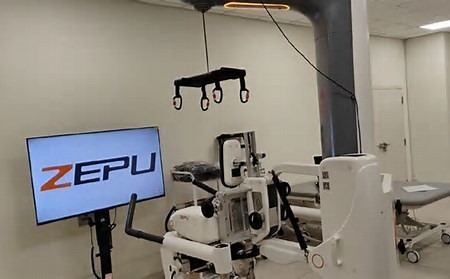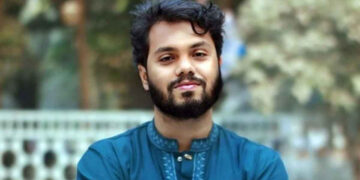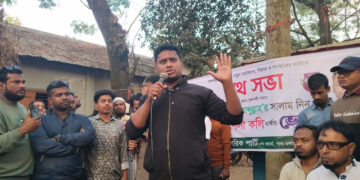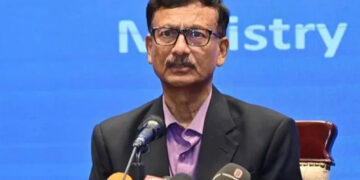New Hope for Stroke and Long-Term Nerve Patients
For the first time in Bangladesh, a robotic rehabilitation centre will start its pilot project to help patients suffering from stroke, paralysis, and long-term nerve-related illnesses.
The centre is located at the Bangladesh Medical University (BMU) Super Specialised Hospital in Shahbag, Dhaka, and the project began its trial run from today.
Advanced Technology Supported by China
The centre is equipped with robotic devices worth 20 crore taka, provided as a grant from the Chinese government.
It will rank among South Asia’s most advanced robotic rehabilitation facilities.
There are 62 robots in total, and 22 of them operate with artificial intelligence (AI) technology. The specific physiotherapy, neurological rehabilitation, and long-term care that these robots deliver will depend on each patient’s specific situation.
Read More: All Mega Projects Under Awami League Are Full of Corruption and Mistakes: Planning Advisor
Skilled Staff Trained by Experts
Before starting the centre, a team of 7 biomedical experts from China trained 27 doctors and physiotherapists to operate the advanced equipment.
After gaining sufficient experience and successful trial runs, the centre will be fully launched.
Who Will Benefit?
Patients suffering from conditions such as:
- Stroke
- Paralysis
- Neurological disorders
- Long-term pain
- Nerve injury
- Frozen shoulder
- Complications due to accidents
will receive rehabilitation treatment here.
Special Support for Injured Protesters
Patients injured in the student and public uprising in July who continue to suffer from long-term problems will receive free robotic treatment at this centre.
Plans for General Patients and Affordable Care
The centre will not be limited to special cases only. Gradually, general patients will also be able to access these services according to a planned policy.
Depending on the patients’ financial situation, every attempt will be made to keep treatment expenses reasonable.
A New Era in Rehabilitation Care
The opening of this centre marks a technological breakthrough for Bangladesh’s healthcare system.
It will bring new hope to patients suffering from paralysis and long-term illnesses and represents a significant step toward modern, technology-based rehabilitation treatment in the country.
Source: Jugantar


















